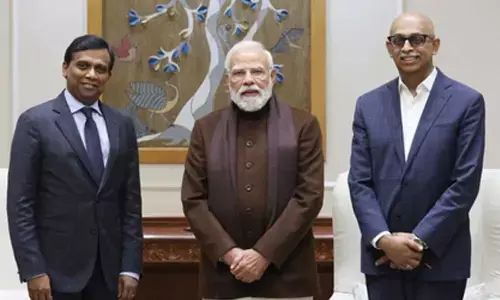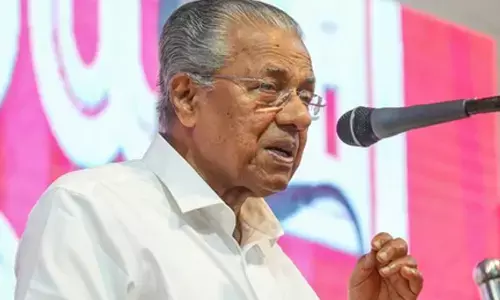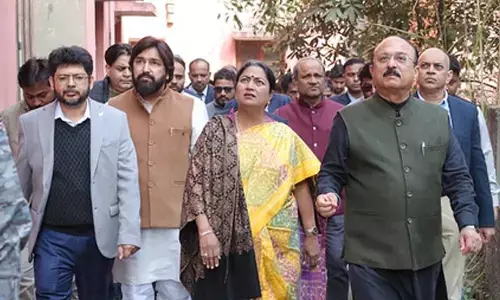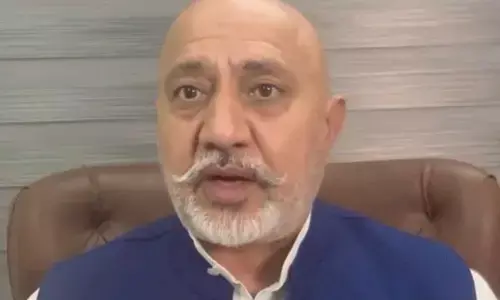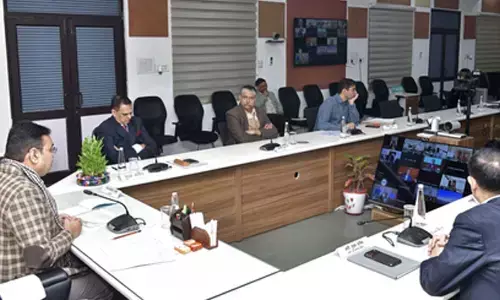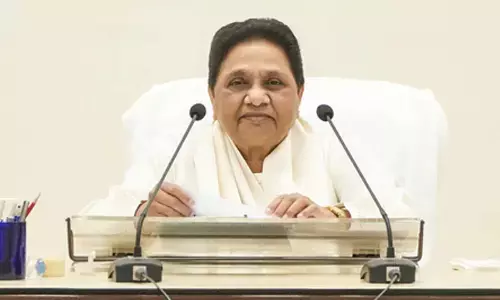Delhi Chief Secretary rejects elected government’s order citing GNCTD (Amendment) Bill 2023
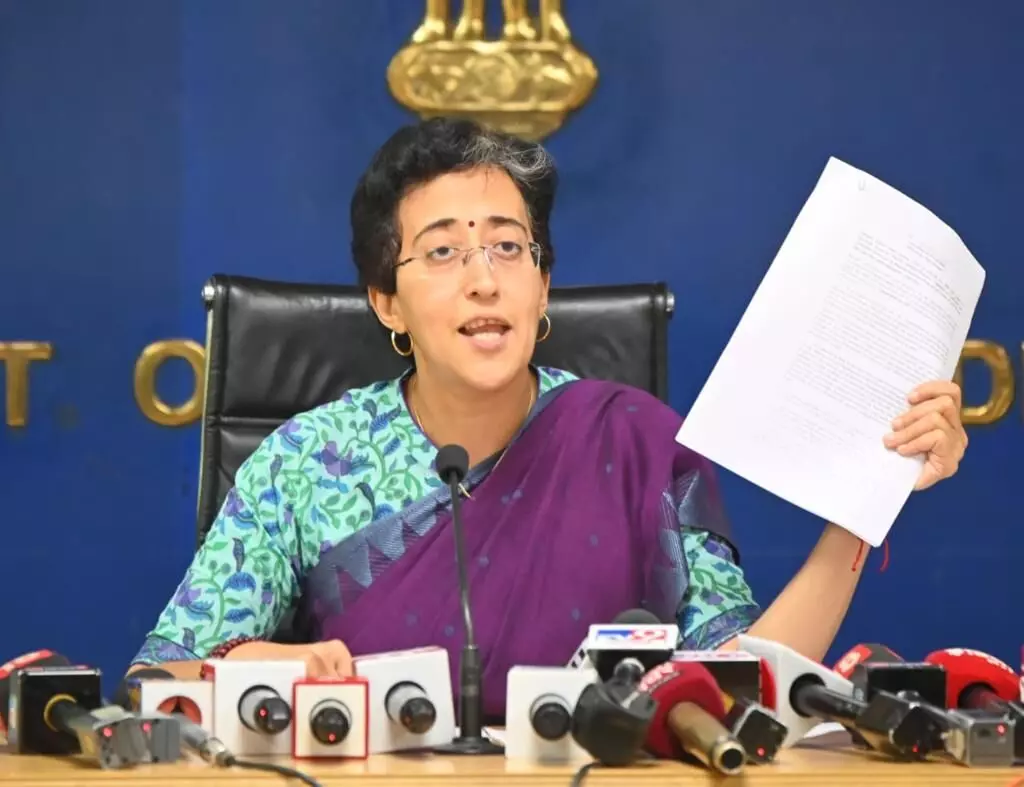
The implications of the Central Government's laws on the people of Delhi are beginning to show. During a press conference on Thursday
New Delhi: The implications of the Central Government's laws on the people of Delhi are beginning to show. During a press conference on Thursday, Services Minister Atishi stated that the Chief Secretary has flatly refused to accept the order issued for better coordination between the National Capital Civil Services Authority and Delhi government departments, citing the GNCTD (Amendment) Bill 2023 in a 10-page letter.
Atishi went on to say that the letter written by Chief Secretary Naresh Kumar demonstrates how an unelected bureaucracy and LG will now decide how Delhi will run and how the people's work would be done here. The letter from the Chief Secretary is a major setback for democracy. This bureaucratic mindset, as well as the power granted to them by the GNCTD (Amendment) Bill, would obstruct the work of the people of Delhi."
The Services Minister further said, "India received its first constitution on January 26, 1950. This Constitution declared India to be a democratic republic in which the people have the power to make decisions. India's citizens will vote for and select their representatives. The elected officials will then work for the public, and the public will decide whether or not they are satisfied with their job. That is why elections are held every five years in India so that people can vote for their representatives."
However, going against the Constitution and principles of democracy, the central government brought the GNCTD (Amendment) Bill 2023, which was notified on August 11, 2023, which aims to limit decision-making power in Delhi to the unelected bureaucracy and Lieutenant Governor, rather than the people or elected government. She added that Section 45(J)5 of the bill grants the bureaucracy the right to refuse Ministers' decisions and allows the Chief Secretary to refuse to execute orders. This move is seen as a significant blow to democracy.
The consequence of the bill was visible on August 21, just 10 days after notification, according to the Minister of Services. Chief Secretary Naresh Kumar refused to accept the Minister's directive. On August 16, as a Services and Vigilance Minister, I issued an order to the Chief Secretary, Secretary (Services), and Secretary (Vigilance) for better coordination of the NCCSA and departments of the Delhi government. However, in a 10-page letter, the Chief Secretary mentioned the GNCTD (Amendment) Bill and stated that the elected government does not have the power to decide; the Chief Secretary does."
She went on to add that the Indian Constitution gave the people of India and Delhi power by allowing them to choose their representatives and send them to the Legislative Assembly. The elected government will then appoint some of the representatives as Ministers, who will then form the Cabinet. These ministers will have the authority to make public policies, programs, and decisions. This is referred to as the "triple chain of accountability." Officers report to Ministers, who report to the Legislative Assembly, and elected MLAs report to the public.However, democracy's accountability ends when bureaucrats refuse to accept the decision of the elected government and its Ministers. The Supreme Court's constitutional bench gave precise guidelines for this triple chain of accountability.
Atishi emphasized that the rejection of the Services Minister's orders by the Chief Secretary is just the beginning of the issue. The government has implemented various projects in education, health, power, and transport sectors that have benefited the people of Delhi. However, the GNCTD (Amendment) Bill 2023 allows secretaries to refuse orders from Ministers by writing long letters. She emphasized that the power to make decisions lies with the people of Delhi and the country, who have the right to elect based on the government's works. Bureaucracy or an unelected LG does not have this power.








